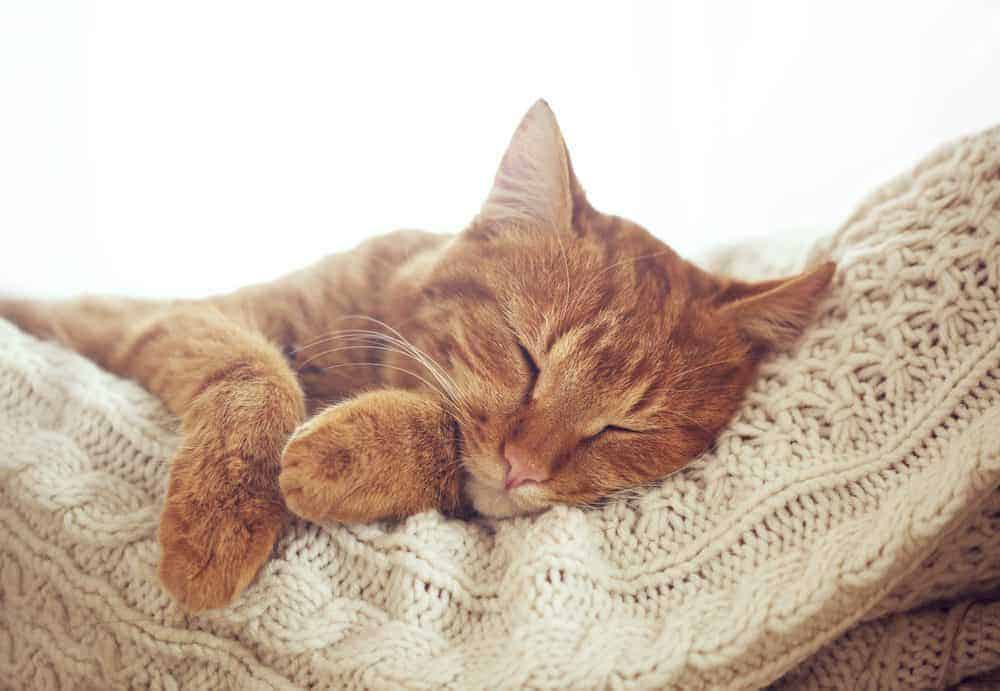
Cats and food is always an interesting one. Unlike dogs, to whom food is often the ultimate reward, felines are noted for turning their perfectly formed little noses up at their dinner for no apparent reason. And, while the occasionally outburst of food fussiness is nothing to worry about, if your cat has obviously stopped eating, this can be a real cause for concern.
Not eating can have an impact on your cat’s health even after as little as 24 hours. For a kitten, especially if they’re younger than six weeks old, avoiding food for just 12 hours can be damaging.
Burgess in-house vet Dr Suzanne Moyes says: “Not eating is really dangerous for cats. When animals don’t eat enough, they must rely on their fat reserves for energy. Before stored fat can be used for fuel, it must be processed by the liver, which requires adequate supplies of protein. With rapid weight loss, protein supplies are soon exhausted and the liver becomes overwhelmed by fat. This results in a serious condition known as hepatic lipidosis, which can lead to liver failure. That’s why it’s extremely important to monitor your cat closely and, if you’re worried, promptly seek veterinary help.”
There are many possible reasons why your cat is off their food. Dr Moyes advises: “Loss of appetite in felines can be a clinical sign of various health problems. These could be, for example, dental disease, mouth injury, internal obstruction or even anxiety. It’s also essential to determine whether a cat won’t eat or can’t eat.”
Some of the common causes for cats that can’t eat include:
- Injury to the face or jaw, such as a fractured mandible (lower jaw)
- Pain in mouth caused by dental disease, a broken tooth or sore mouth
- Gastrointestinal disease, irritable bowel disease or food allergy (that may cause vomiting and diarrhoea)
- Other diseases that cause your cat to lose their appetite (where there is no obvious sign such as vomiting and diarrhoea)
Some of the common causes for cats that won’t eat include:
- Diabetes
- Kidney disease
- Pancreatitis
- Fever
- Cat flu
- Hyperthyroidism
- Stress – a change in environment such as moving home or a new cat arriving in the neighbourhood can be enough to make come cats feel uneasy and stop eating
Warning signs
The first step to helping your feline friend is to look out for signs that can help your vet get to the root of the problem. These include:
- Are they showing absolutely no interest in food?
- Are they tempted by their usual food or favourite treat but just nibble at it?
- Are they only able to manage soft food?
- Do they seem to show signs of pain when they try to eat or are eating more to one side of the mouth than the other?
- Are they limping, sitting hunched up or do they flinch or cry out eating or moving about?
- Have they experienced any unexplained weight loss or loss of coat and muscle condition?
Giving your vet as much information as possible will help them diagnose the problem and provide the correct treatment.
What your vet will do next
Your vet will ask you about your cat’s recent medical history and what unusual signs you have noticed. A clinical examination will follow to check overall condition and to see if there are any painful responses or injuries. Your vet may also need to perform blood tests, urine tests, x-rays or ultrasound.
If you cat is found to have dental disease and sore teeth, they made need teeth extracted under general anaesthetic. If your cat is diagnosed with a disease, infection or illness, treatment may include intravenous fluids (a drip) to correct dehydration, antibiotics, antiemetics (anti-vomiting medication) and stomach protectants. If your cat has eaten a foreign object, such as elastic bands or wool, surgery may be needed.
Prevention – always the best way
Dr Moyes adds: “Regular check-ups with your vet are vital as they can pick up early signs of some conditions, such as dental disease, that if left may cause eating problems later on. Annual vaccinations will also prevent diseases that your cat may contract and make them unwell, which can also affect appetite and lead to further health issues.”
Tips to tempt your cat to eat
- Offer a little bit of a strong-smelling food, such as sardines
- Warm the food up to your cat's body temperature (38C) – many cats aren’t keen on eating cold food
- Try putting try putting small bits of food on your finger or their paws for them to lick off. This can help their appetite get started
If you found this interesting, you may also like:
WHY CATS WHO HATE VETS SHOULD LEARN TO LOVE THEM Our pet cats are highly skilled at hiding when they’re not well, which is why regular visits to the vets are vital. But what can you do to help your wary feline find the whole vet experience less stressful?
DENTAL CARE FOR CATS Could your cat have a problem with their teeth? Our in-house vet Dr Suzanne Moyes explains the signs to look out for and advises on how to keep your feline’s pearly whites clean and healthy – from daily brushing to a good diet
CATS AND THE BENEFITS OF NEUTERING Our in-house vet Dr Suzanne Moyes looks at why neutering your cat is an essential part of responsible pet ownership, what’s involved, and how it can affect your cat’s nutrition needs
Sources: petgp.co.uk, vetsnow.com














